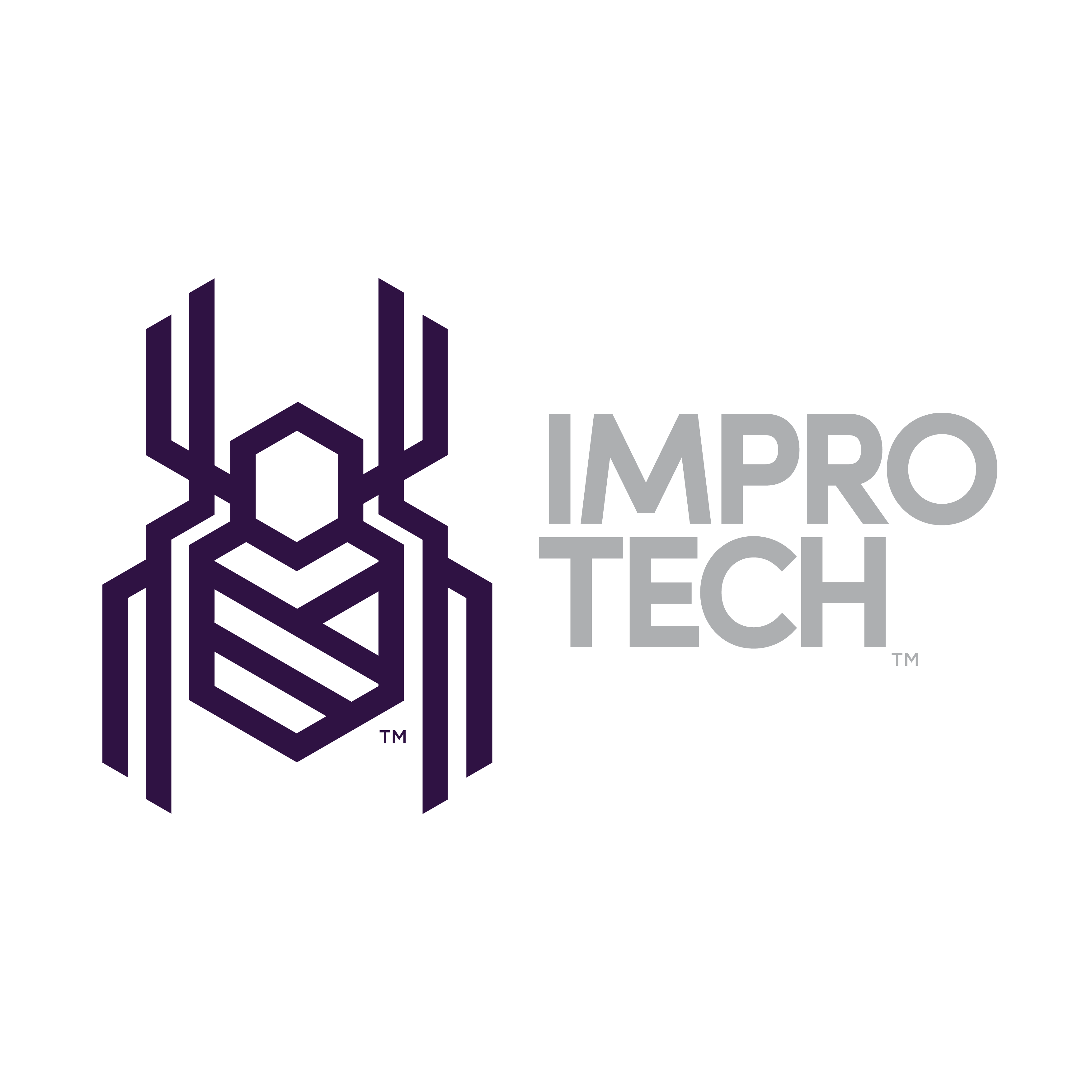CCNP Security
Cisco Certified Network Professional Security (CCNP Security) certification program is aligned specifically to the job role of the Cisco Network Security Engineer responsible for Security in Routers, Switches, Networking devices and appliances, as well as choosing, deploying, supporting and troubleshooting Firewalls, VPNS, and IDS/IPS solutions for their networking environments.
Implementing and Operating Cisco Security Core Technologies (SCOR 350-701)
-
Implementing and Operating Cisco Security Core Technologies v1.0 (SCOR 350-701) is a 120-minute exam associated with the CCNP and CCIE Security Certifications. This training tests a candidate's knowledge of implementing and operating core security technologies including network security, cloud security, content security, endpoint protection and detection, secure network access, visibility and enforcements. The course, Implementing and Operating Cisco Security Core Technologies, helps candidates to prepare for this exam.
Training Content
-
1.0 Security Concepts
Candidates will be thought common threats against on-premises and cloud environments, compare common security vulnerabilities such as software bugs, weak and/or hardcoded passwords, SQL injection, missing encryption, buffer overflow, path traversal, cross-site scripting/forgery and describe functions of the cryptography components such as hashing, encryption, PKI, SSL, IPsec, NAT-T IPv4 for IPsec, pre-shared key and certificate-based authorization.
-
2.0 Network Security
Candidates will compare network security solutions that provide intrusion prevention and firewall capabilities, describe deployment models of network security solutions and architectures that provide intrusion prevention and firewall capabilities and describe the components, capabilities, and benefits of NetFlow and Flexible NetFlow records.
-
3.0 Securing the Cloud
Candidates will learn to identify security solutions for cloud environments, compare the customer vs. provider security responsibility for the different cloud service models and describe the concept of DevSecOps (CI/CD pipeline, container orchestration, and security.
-
4.0 Content Security
Candidates will Implement traffic redirection and capture methods, describe web proxy identity and authentication including transparent user identification, compare the components, capabilities, and benefits of local and cloud-based email and web solutions (ESA, CES, WSA)and configure and verify web and email security deployment methods to protect on-premises and remote users (inbound and outbound controls and policy management).
-
5.0 Endpoint Protection and Detection
Candidates will Compare Endpoint Protection Platforms (EPP) and Endpoint Detection & Response (EDR) solutions, explain antimalware, retrospective security, Indication of Compromise (IOC), antivirus, dynamic file analysis, and endpoint-sourced telemetry and configure and verify outbreak control and quarantines to limit infection.
-
6.0 Secure Network Access, Visibility, and Enforcement
Candidates will be thought identity management and how to secure network access concepts such as guest services, profiling, posture assessment and BYOD, how to configure and verify network access device functionality such as 802.1X, MAB, WebAuth and network access with CoA.
-
Securing Networks with Cisco Firepower v1.0 (SNCF 300-710)
-
Securing Networks with Cisco Firepower v1.0 (SNCF 300-710) is a 90-minute exam associated with the CCNP Security and Cisco Certified Specialist - Network Security Firepower certifications. This training tests a candidate's knowledge of Cisco Firepower® Threat Defense and Firepower®, including policy configurations, integrations, deployments, management and troubleshooting. These courses, Securing Networks with Cisco Firepower, and Securing Network with Cisco Firepower Next-Generation Intrusion Prevention System help candidates prepare for this exam.
Training Content
-
1.0 Deployment
Candidates will Implement NGFW modes and NGIPS modes.
-
2.0 Configuration
Candidates will learn to configure system settings in Cisco Firepower Management Center, configure these policies in Cisco Firepower Management Center and configure these features using Cisco Firepower Management Center.
-
3.0 Management and Troubleshooting
Candidates will learn how to troubleshoot with FMC CLI and GUI, configure dashboards and reporting in FMC and troubleshoot using packet capture procedures.
-
4.0 Integration
Candidates will learn to configure Cisco AMP for Networks in Firepower Management Center, configure Cisco AMP for Endpoints in Firepower Management Center and implement Threat Intelligence Director for third-party security intelligence feeds.
-
| Track | Regular classes | Online classes | Weekend classes |
|---|---|---|---|
| Duration | 6months | 6months | 6months |
| Training Days | 4 days per week | 4 days per week | Saturdays |
| Minimum Hours per week | 8 hours | 8 hours | 8 hours |
| Pricing |
morning (students): USD 1,800 evening (professionals): USD 1,800 |
morning (students): USD 1,800 evening (professionals): USD 1,800 |
Weekend (professionals): please request for pricing finance@improtech.edu.gh |
NB:The training fee does not include the international exam fees. This pricing only concerns the Ghana market. For further information, please write to us at finance@improtech.edu.gh or contact us on +233 54 421 2174
